National Science Foundation Grant Awarded to AivoCode
This Small Business Innovation Research (SBIR) Phase II project is to develop precision-guided delivery of drugs or diagnostic compounds to the site of damage in traumatic brain injury (TBI). TBI is quite common; every year, over 10 million people worldwide injure their brain, and it is the most common cause of death and disability in young people. There are currently no drugs available that would limit the additional damage to the brain from swelling and inflammation after the injury or help repair the brain. The company's technology allows one to guide a drug to the injured brain and keep it there until it has done its job, while less of the drug goes to normal tissues. This way, it will be possible to use drugs that, while beneficial in brain injury, may do damage elsewhere. It also makes it possible to use new types of drugs that would otherwise not reach their target in the brain. If the company is successful in bringing this technology to the clinic, it may make brain injury victims better, and significant savings to the healthcare system may also be obtained.
The proposed project will develop a highly efficacious technology platform for site-specific delivery of drugs to acute brain injury. The main reasons for the failure of neuro-protective agents in clinical trials are lack of specificity and the dose limiting effects of the therapy. Targeted delivery can circumvent this problem. In Phase I, the company described a novel peptide, CAQK, which specifically delivers various types of payloads to sites of brain injury from systemic administration. Developing improved variants of this peptide with high affinity and stability is important in ensuring optimal clinical translation of this technology. The objective of this project is to optimize the delivery platform by exploring different modifications of the CAQK peptide, and to use high throughput screening of chemical compound libraries to search for compounds that reproduce the CAQK activity. The outcome of this Phase II application will be a panel of stable, long-circulating, high affinity peptides and/or small molecule chemical mimetics that can be used for targeted drug delivery to injured brain. The most promising compounds will be validated in animal models of brain injury. Transformative advances in brain injury treatment in the form of increased efficacy, reduced side effects, and ease of administration should ensue.
